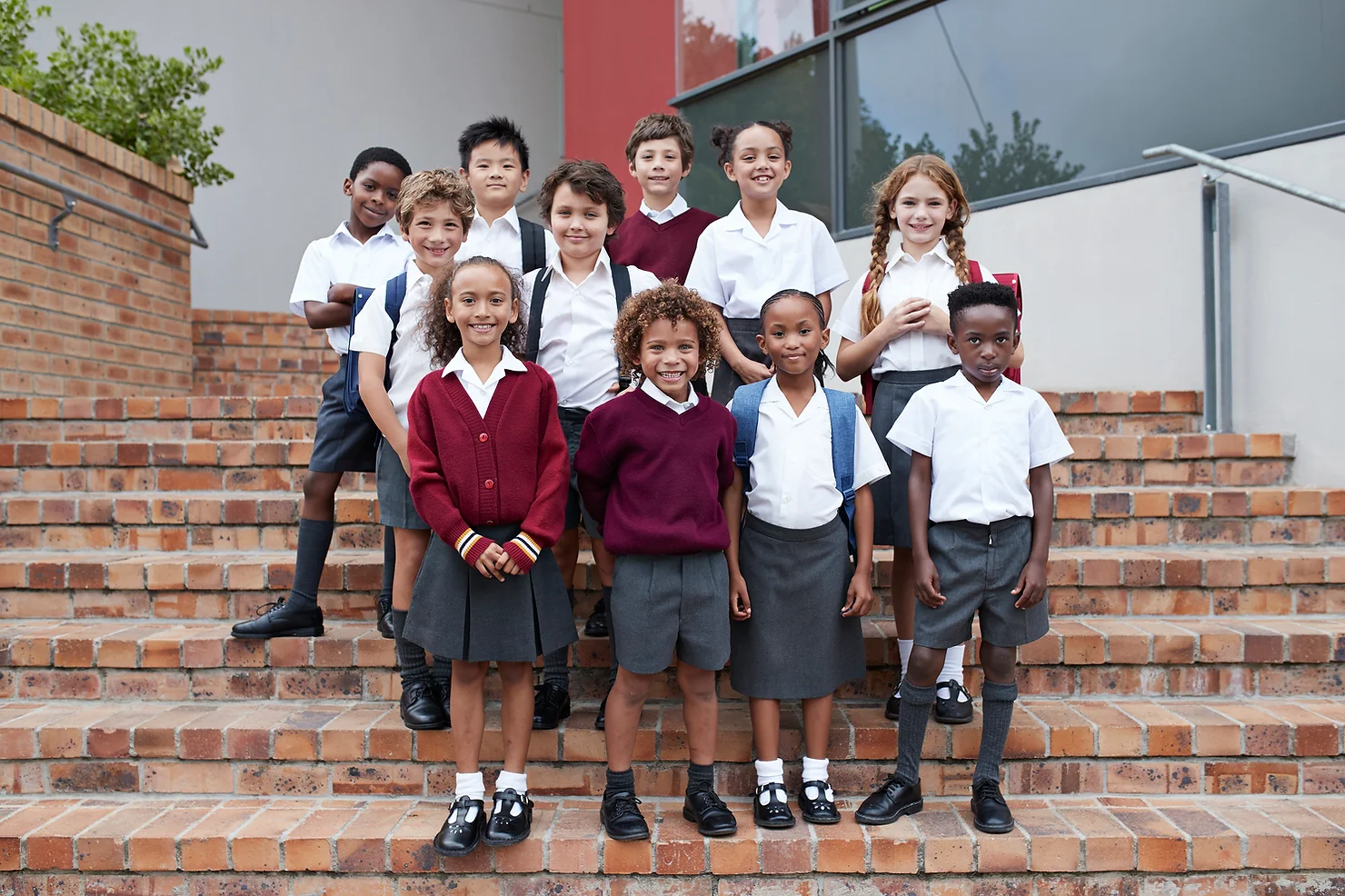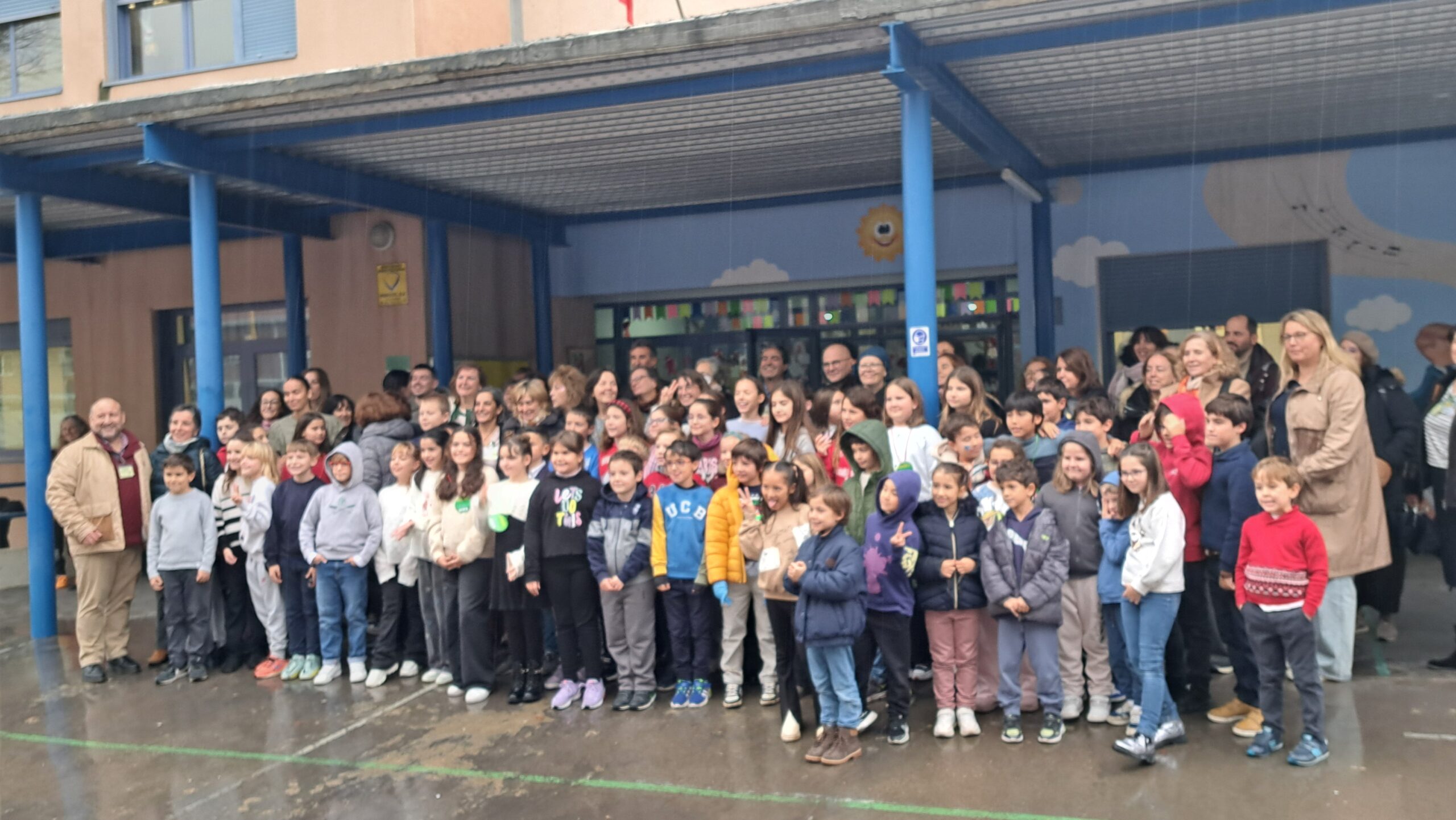Nowadays, the climate change is one of humanity’s crucial concerns. The individual actions to prevent the climate changes and to mitigate their effects are multiple and mainly related to changes of the behaviors. A shift from inaction to the involvement, from consumerism to the moderation, from impulsivity to the wisdom. Collective actions are also very diverse. In this case they are strongly dependent on the coagulation around a well-structured narrative, on a set of values agreed at the social group level.
The school can provide knowledge and valuable examples of action supporting the sustainability. From an early age, children can be encouraged to do simple and important things for the environment, such as understanding the needs of the plants and animals, the correct use of the waste bins, the efficient lighting, the use of different educational materials. Children can easily transfer to their parents some simple ideas, for example the possibility to walk to the school instead of the use own cars.
But such actions are often influenced by different factors such as the community’s and family’s convictions and practices. Children may oscillate between two opposite rules, those at home and those at school. Sometime such situation may be simple solved by introducing small incentives to give enough confidence to the child that what he/she is doing is the best. A simple badge confirming the involvement or a group photo on the school board can bring a lot to build a robust behavior.
Some seeds that will germinate later and produce other and other valuable seeds. And growing the actions for sustainability as a valuable and attractive modus vivendi.







